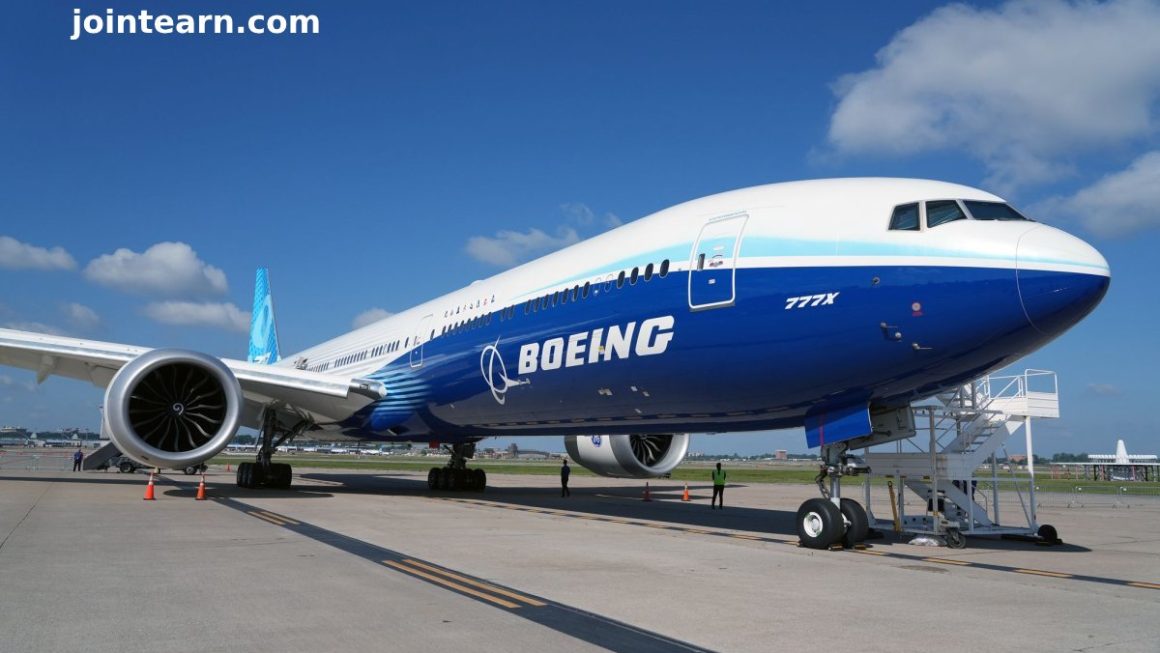Ford Motor (F) has raised the prices of its Mustang Mach-E, Maverick Pickup, and Bronco Sport models, citing the impact of U.S. President Donald Trump’s tariffs on foreign-made automobiles. The price hikes, effective May 2, 2025, range up to $2,000 for some models.
🔑 Key Highlights:
-
Price increase of up to $2,000 for certain models made in Mexico.
-
Ford’s tariff-related costs are expected to be $2.5 billion for 2025, with efforts to reduce exposure by $1 billion.
-
Rival General Motors projects $4-5 billion in costs from tariffs.
-
The price hikes will affect vehicles built after May 2, expected to reach dealers by late June 2025.
📈 Ford’s Response to Tariff Pressures
In response to President Trump’s tariffs, Ford is adjusting the prices of three popular models—the Mustang Mach-E electric SUV, Maverick pickup, and Bronco Sport—which are produced in Mexico. The increase could reach $2,000 for some versions, according to a notice sent to dealers. The price hikes will affect vehicles manufactured after May 2, which are expected to arrive at dealerships in late June.
Ford’s spokesperson confirmed that these changes reflect typical mid-year price adjustments, combined with the impact of tariffs. However, the company stressed that it has not passed on the full cost of tariffs to consumers, signaling a strategic effort to manage price increases.
💡 Ford’s Tariff Exposure and Outlook
Ford estimates that tariffs will add about $2.5 billion in costs for 2025, but the company expects to reduce this exposure by around $1 billion. Despite the higher costs, Ford remains optimistic about weathering the impact of tariffs, largely due to its strong U.S. manufacturing base, which accounts for 79% of vehicles sold domestically. In comparison, General Motors (GM) assembles only 53% of its vehicles in the U.S.
🛠️ Challenges from Global Tariffs
The automaker is also facing significant tariff challenges on vehicles produced in China and South Korea. GM has already noted that tariffs on South Korean imports could total up to $2 billion. Ford has not yet provided specific figures for the costs of its Chinese imports, but the overall tariff environment has created uncertainty in the auto industry.
🏁 Impact on the U.S. Auto Market
The tariffs imposed by the Trump administration have caused disruptions across the auto sector, forcing automakers to adjust their production, shift forecasts, and consider price hikes. U.S. auto sales could drop by more than 1 million vehicles annually if tariffs remain in place, according to industry analysts. Despite these challenges, Ford’s robust domestic manufacturing position gives it an advantage over competitors that rely more heavily on foreign production.












